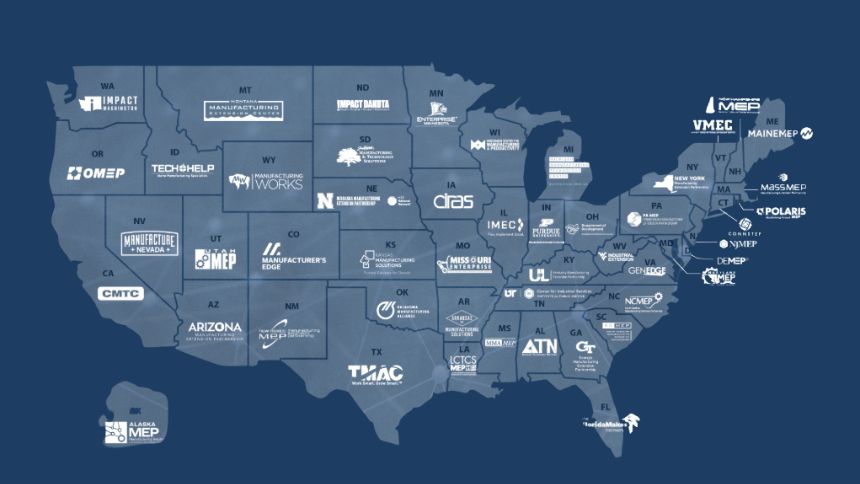
Program that helps manufacturers latest to face the federal chopping block
It is the Manufacturing Extension Partnership (MEP), part of the National Institute of Standards and Technology.
According to multiple published reports, a federal-enabled program very near and dear to me is on the chopping block. It’s officially known as the Hollings Manufacturing Extension Partnership (MEP), part of the National Institute of Standards and Technology (NIST), and focused on helping small and medium-size manufacturers be more competitive.
Two posts last week – one in Wired magazine and another in the SSTI Weekly Digest – reported that Trump Administration officials emailed lawmakers to say that it would not be paying out nearly $12.9 million that had been due overall last week to MEP centers in 10 states. The presumption is that that process will be followed when the next round of funding is expected by MEP programs, including the Tennessee MEP (TMEP), operated by the University of Tennessee’s Center for Industrial Services (UTCIS).
The MEP Centers began to be established during the U.S. trade war with Japan in the 1980s when Congress established the nationwide network of organizations to advise small American manufacturers on how to survive and grow in what was then a particularly difficult environment.
Why is it so personal to me? UTCIS operates one of the nation’s oldest industrial extension programs, established in 1963 and part of the Institute for Public Service that I called home for 32 of my 35 years at UT. In 1997, I had to tell Bill Dunavant, then Tennessee’s Commissioner of Economic and Community Development (TNECD), that the then fledgling TMEP would be terminated if the State continued in a leadership role. I was delivering a message from the NIST Program Director.
Dunavant accepted the message, leadership was transitioned from TNECD to UTCIS, and the MEP program has served and supported manufacturers across the Volunteer State for 30 or so years. In 2024 alone, the Tennessee MEP program completed technical assistance projects with 218 manufacturers, resulting in 833 new and retained jobs and $190 million in customer-reported economic impact. This included cost savings from efficiency improvements, increased sales, capital investment, and new and retained jobs.
According to the Wired article, NIST spends under $200 million annually on the MEP program, with most of the money passed on to states and Puerto Rico in batches of payments. There are 51 MEP centers serving manufacturers in 50 states.
Like what you've read?
Forward to a friend!

